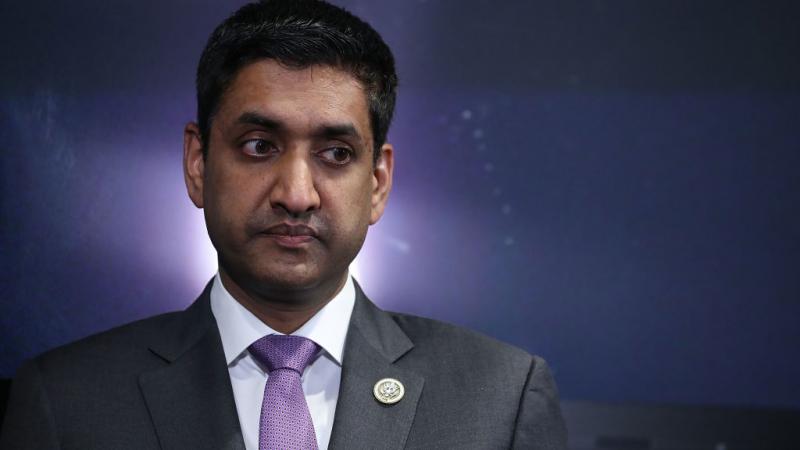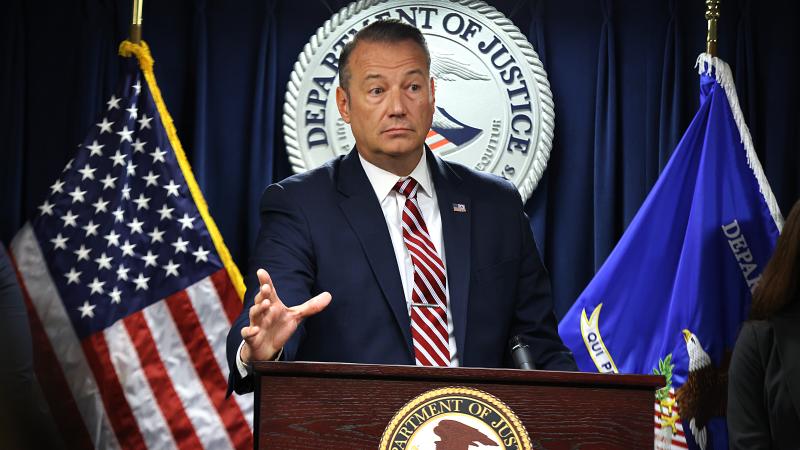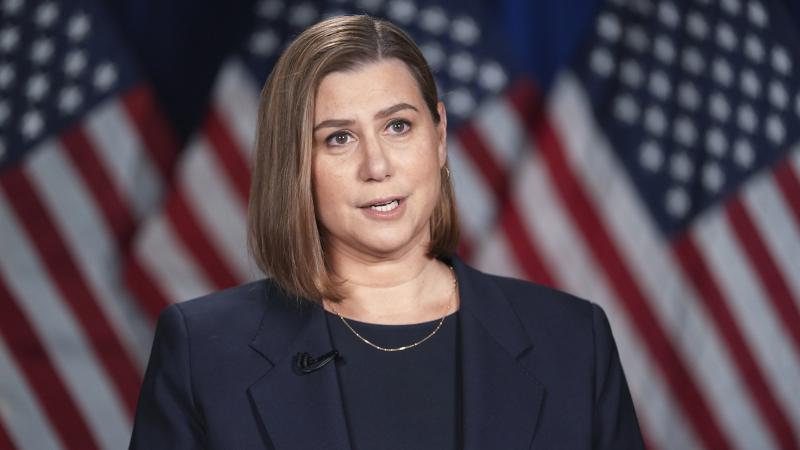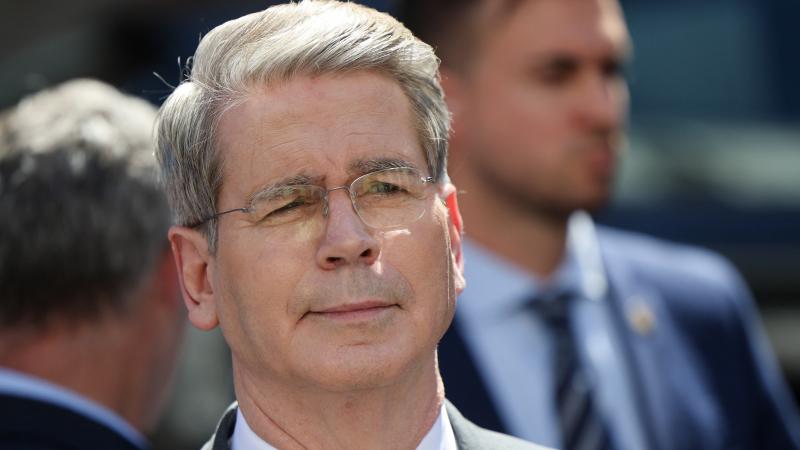University of Virginia ranks first for free speech
Students were asked questions about comfort in expressing ideas, how they would describe self-censorship, tolerance for liberal and conservative speakers, how “acceptable it is to engage” in disruptive behavior, administrative support and openness.
The University of Virginia tops the 2025 free speech ranking on college campuses, a first for the school founded by Thomas Jefferson.
The Foundation for Individual Rights and Expression surveyed over 250 colleges and universities in its rankings. The foundation survey, administered by College Pulse, surveyed nearly 60,000 undergraduates enrolled full-time in four-year degree programs.
UVA scored an average of 73.41, which is described as “good” for its free speech climate. The survey reported that 78% of students reported that “shouting down a speaker to prevent them from speaking on campus is at least rarely acceptable.”
In addition, 34% of students say “using violence to stop someone from speaking on campus is at least rarely acceptable.” Regarding self-censorship, 47% of students say they have self-censored “at least once or twice a month.” The report also noted liberal students outnumber conservative students 3-to-1.
The rankings are based on a “composite score of 14 components,” seven of which examine “student perceptions of different aspects of the speech climate.” The remaining seven assess “behavior” from campus administrators, faculty and students.
Students were asked questions about comfort in expressing ideas, how they would describe self-censorship, tolerance for liberal and conservative speakers, how “acceptable it is to engage” in disruptive behavior, administrative support and openness.
UVA ranked 10th for self-censorship, 54th for openness, 67th in tolerance for liberal and conservative speakers (combined), 70th for tolerance for liberal speakers, 95th for tolerance of conservative speakers, 107th for comfort in expressing ideas, 150th for tolerance of difference, and 200th in acceptance of disruptive behavior.
FIRE CEO Greg Lukianoff underscored the rankings' importance at a time when freedom of speech is under scrutiny.
“These rankings highlight a pivotal moment in higher education, where the tension between maintaining a free speech environment and navigating deeply polarizing issues is more pronounced than ever,” Lukianoff explained.
The survey was conducted Jan. 25-June 24 of this year amid campus uprisings regarding the fallout from the Israeli-Hamas war.
“The Middle East crisis plunged campuses into absolute chaos last academic year and administrators largely failed in their response, clamping down on free speech protections instead of fostering spaces for open dialogue,” Lukianoff added. “The nightmare scenarios of last spring cannot be repeated this fall. Colleges need to reassert their mantle of being marketplaces of ideas, not bubbles of groupthink and censorship.”
In May, university officials hosted a town hall defending their decision to call in the Virginia State Police to quash pro-Palestinian demonstrations, which led to the arrest of 27 protesters, which included some nonstudents.
Despite UVA’s top ranking for free speech, the university received an “F” grade for antisemitism from the Anti-Defamation League in its Campus Antisemitism Report Card, as reported by The Center Square in May. The ADL has since upgraded the university’s grade to a “D” as the new school year gets underway.
UVA was the only school in the commonwealth to rank in the top 10, but the College of William & Mary ranked 12th with a score of 65.23, considered “above average.” In total, six commonwealth universities are ranked in the top 50.
George Mason University ranked 16th with a score of 63.92, also considered “above average.” Virginia Commonwealth University ranked 32nd with a score of 57.67, considered “slightly above average.” Following right behind VCU, Washington and Lee University ranked 33rd with a score of 57.06. James Madison University ranked 37th with a score of 56.26.
Harvard University ranked last, just above Columbia University and New York University.
Liberty University received a warning for a school with “policies that clearly and consistently state that it prioritizes other values over a commitment to freedom of speech,” according to FIRE.
















